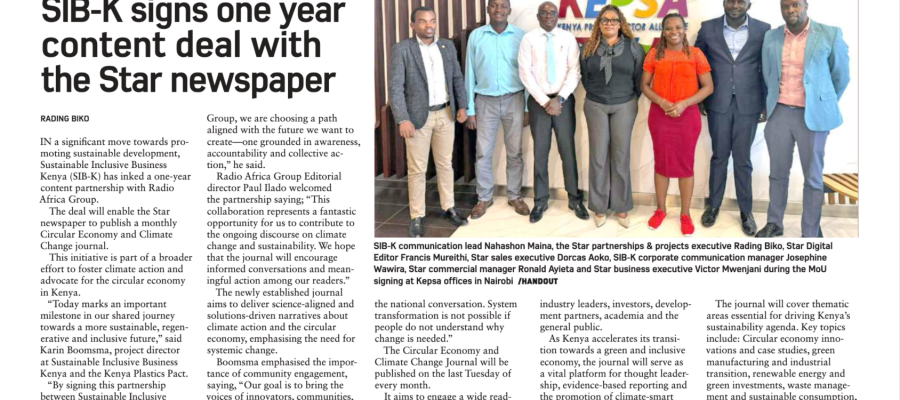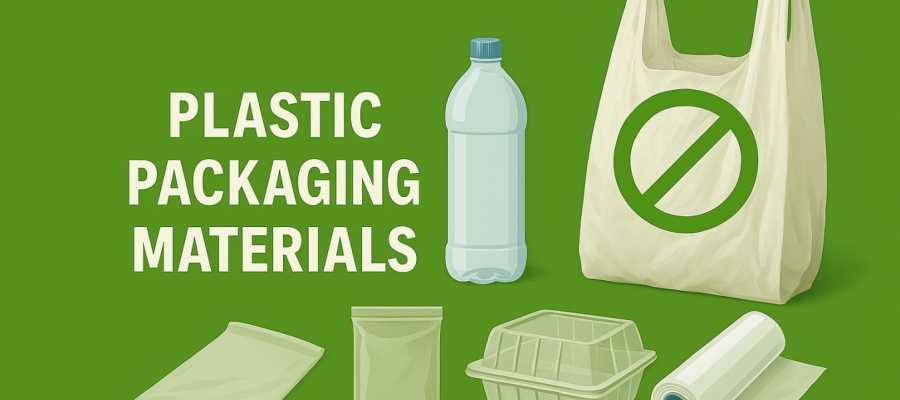On Friday, January 23rd, 2024, the first ever meeting of the international members of the Plastics Pact Network convened in South Africa, with delegates from around the world meeting in Cape Town. The inaugural three-day intensive programme is a chance for all to share experiences and knowledge to accelerate critical work reducing the global impact of plastic waste, and pollution.

Representatives from twelve of the thirteen Plastics Pact Network members – convened by the Ellen MacArthur Foundation and WRAP – attended from Australia (representing New Zealand and the four Pacific Islands), Canada, Chile, Colombia, India, Kenya, Mexico, Poland, Portugal, South Africa, the UK, and the USA.
The public/private partnership model or voluntary agreement, adopted by many nations ahead of the United Nations Global Treaty to end plastic pollution, drives practical action around a comprehensive plastics’ circular economy approach that embeds elimination and reuse within measurable targets. Each Pact is working independently across the packaging value chain in its own geography to bring together key players to address its own unique situation.
Pact members include major FMCG brands, packaging companies, producers, traders, processors, academia, trade associations, NGOs, and governments who are all working towards a shared vision, with business signatories measured against a series of science-based targets to reduce the impact they have on the environment through their use of plastics. The Network connects those individual national and regional initiatives to better implement solutions towards a circular economy for plastic.
More than 800 major business are signed up to all thirteen Plastics Pacts with the combined population impacted by their work estimated to be in the region of as many as 2.4 billion people, or 30% of the world’s population. Today’s meeting was the first time the majority had sat down to share their learnings in person, with WRAP’s CEO Harriet Lamb opening the inaugural meeting.
Harriet Lamb said “With plastic in the bloodstreams of animals and fish, we need to ramp up action on plastics across the world through regulation and voluntary action. We welcome the Global Plastics Treaty negotiations underway and call for an ambitious Treaty. Alongside that, we need to fast-track collaborative action by companies, governments, and civil society. That is the power of this voluntary network, bringing together members from across the world to share best practice – from major companies to waste-pickers to bring about practical, empowering change.”
Whilst regulation is critical, public/private partnerships delivered through the Plastics Pact model accelerate action and deliver tangible results. These collaborative partnerships can play a key role as a mechanism for nations to meet mandated obligations under the United Nations Global Treaty to End Plastic Pollution.
The All-Plastic Pacts workshop will share best practices, insights, and experiences of what works in terms of member engagement, collaborative projects, and policy influence to achieve impact on the ground. It will identify approaches to accelerate progress within each country, with all at varying stages in their journey. The three-day workshop will also explore the future ambition of the Network and how it can have more impact.
The meeting will also begin important preparations for the first global report across the entire Pact Network, which will present the impact achieved by all thirteen Plastics Pacts. This report will be published in preparation for the next round of INC4 discussions for the Global Plastics Treaty framework, taking place in Ottawa this April.
Press Release Courtesy of WRAP


